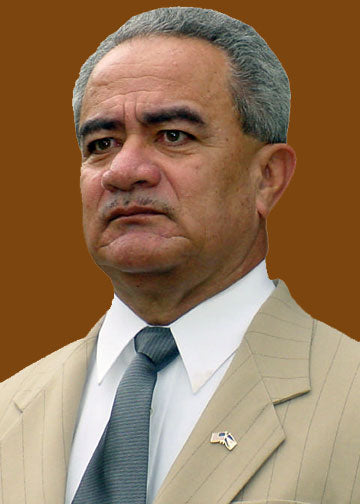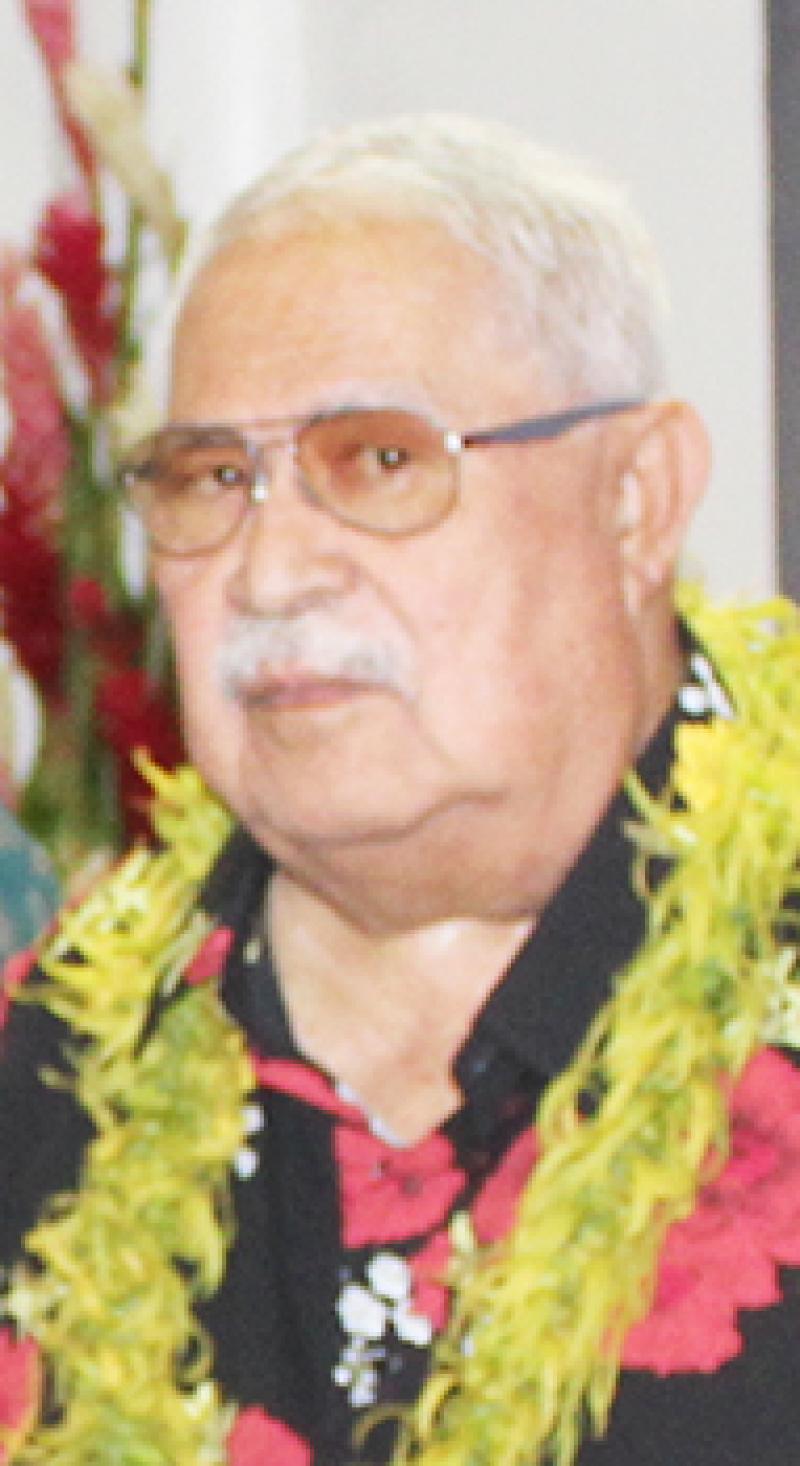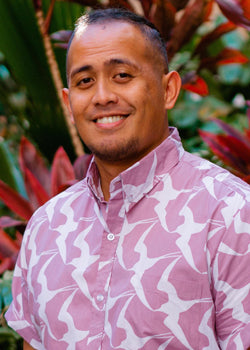AMERICAN SĀMOA SENATE
The Fono of American Sāmoa is the legislative body of the Territory and is modeled after the bicameral national Congress. The two houses are called in Samoan the Sēnate (Senate) and the Fono a Faipule (House of Representatives). The House is elected by popular vote, however, the Senate's representatives are selected by the councils of the traditional itūmālō (districts). Much like the original U.S. Constitution, which granted the states the right to appoint their senators, the American Sāmoa Constitution wanted to come up with a compromise on traditional authority and American-style democracy.
There is debate, if the full force of the federal constitution - particularly the Fourteenth Amendment - were applied in American Sāmoa that this system would be jeopardy. Whether matai are considered "nobility" and, therefore, in direct violation of the Nobility Clauses is highly contentious. This has not been decided by Congress or tested in the courts, and therefore has been a cause for concern in American Sāmoa.
In this section of the project, we explore the status of the matai in relation to federal law and what the potential impacts the Fourteenth Amendment would have on the Faʻamatai. Could the matai requirement be in direct violation of the Constitution?
We interview Ian Falefuafua Tapu, a licensed attorney and author of several articles on the topic. He argues that this would not be a violation of the Constitution and that the Faʻamatai would hold up in court.
Additionally, we interview Talauʻega Eleasalo ʻAle, current Lieutenant Governor and a former attorney general of American Sāmoa, on his concerns about any challenges against the Faʻamatai in the Supreme Court.
INTERVIEWEES
The following legal and political experts will expound on the history, structure, and role of the Senate in the Territorial legislature, especially in relations to maintaining Indigenous institutions. They will share their thoughts on how further application of the U.S. Constitution would affect the current senate structure and all the associated infrastructure it supports and the laws and policies it passes. Togiola and Tuāʻolo are both senior matai in their villages and seasoned legal experts in American Sāmoa law.

Togiola Tulāfono
Senator Togiola Tulāfono is a former Governor of American Sāmoa and a current member of the Senate. He was governor during the 2010 Constitutional Convention. Togiola will highlight the Senate's history and why it was organized the way it is. He describes how it is an important in preserving the Faʻamatai and the Faʻasāmoa.

Tuāʻolo Mānaia Fruen
Senator Tuāʻolo is President of the Senate, the only Senate in the United States that is not popularly elected but selected by traditional chiefs of American Sāmoa. Tuāʻolo offers insight on the importance of traditional leadership in the Senate and why it is important to preserving Indigenous instutions. He shares the potential impacts of the Fourteenth Amendment on the Senate and the Faʻamatai as a whole.

Ian Falefuafua Tapu
Ian is a graduate of the Richardson School of Law and a licensed attorney in Hawaiʻi. He is the author of several publications on the status of the Senate and whether it is consider "nobility" in violation of the Nobility Clauses of the U.S. Constitution. He will share his arguments on the status of the Faʻamatai in relation to these Clauses and whether it would withstand scrutiny in the courts.
NOT FULLY AMERICAN
Does the U.S. Constitution Follow the Flag in American Sāmoa?
